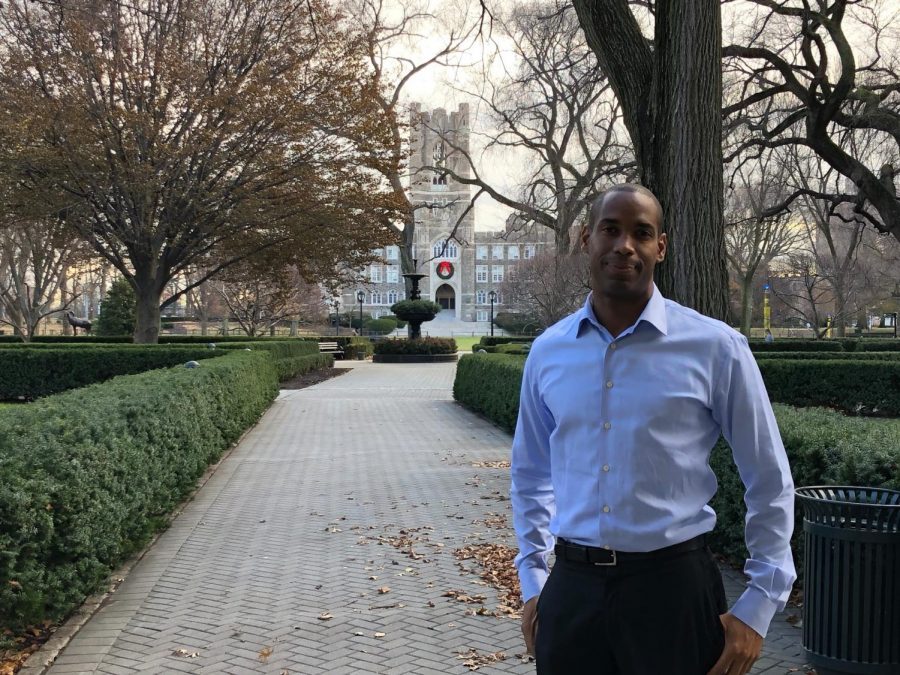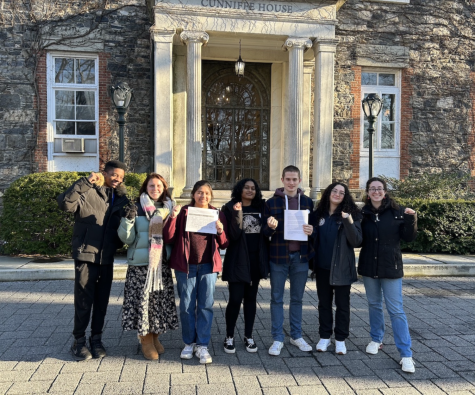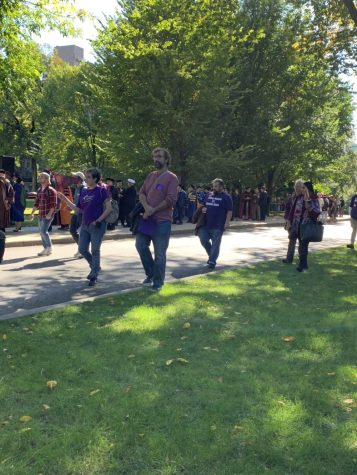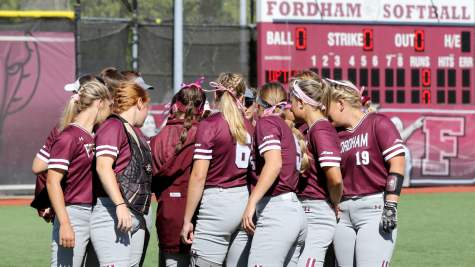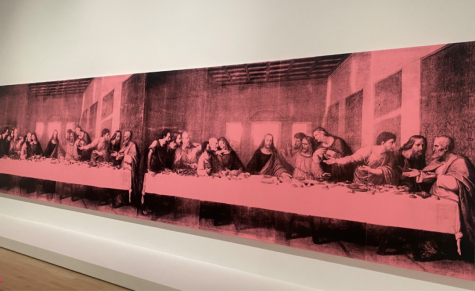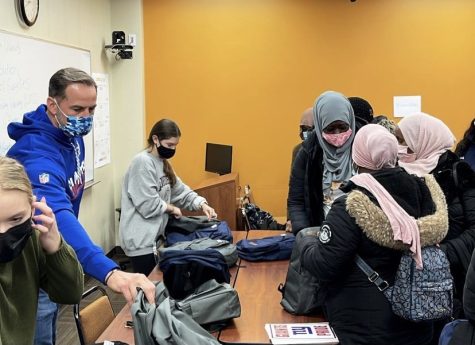Title IX Coordinator Evaluates First Semester
By Erica Scalise
Following a six-month search process, the university announced the appointment of new Title IX Coordinator, Kareem Peat, J.D., Ed.M, this past August. As Peat’s first semester at Fordham comes to a close, he discussed his transition from Cornell University, where he was the acting university Title IX coordinator, as well as his duties at Fordham and biggest difficulties in an interview with The Fordham Ram.
“I’m an attorney and I practiced primarily employment law and worked in general commercial litigation in Manhattan, Pennsylvania and DC,” said Peat. “But I always knew this was something I wanted to be in—to work with students and help them realize their full potential and be in an environment that is so right for individuals to grow.”
While getting a master’s in education at Harvard University, Peat said one of the classes he valued the most was a course on Title IX. After a couple of years of volunteer work, followed by several training sessions, Peat said he was able to find like-minded individuals whose values he shared. From there, he began serving as Cornell’s Title IX coordinator.
As the university’s overseer of sexual-related misconduct including sexual assault; dating and domestic violence; stalking; sexual harassment; sexual exploitation; et cetera, Peat emphasized the importance of remaining neutral and impartial in all Title IX situations and investigations.
“Our role is not to be an advocate for either side,” said Peat. “What people will customarily hear me say is ‘that is not information I will provide to the other side, and therefore, that’s not something I can provide you.’”
According to Peat, this is why advocates, or those who an individual sees as valuable and who takes time to review the university’s policy to represent an individual, are allowed. He said the Title IX Office cannot play this role because it is conducting the actual investigations.
Peat described how the office operates when a student-student Title IX scenario arises.
“There are two individuals that the university has deemed valuable members of the community, people that should be permitted to join the community,” said Peat. “So what we do is we continue to view them in that way, and we analyze the information that comes in, and we go from there.”
Peat said this sometimes takes the form of an investigation. Sometimes, if a complainant does not want to come forward, the office focuses on determining whether they need interim measures. This includes measures like academic and work accommodations.
Peat stressed the importance of neutrality, and said he finds it is not difficult to maintain it in Title IX investigations.
“I think maybe some of my professional background makes it a little simpler,” he said. “[It] requires a lot of work and a lot of focus, and so picking teams or acting like it’s something to gossip about or talk about in our free time to entertain us, there isn’t enough time for that.”
On a day-to-day basis, Peat is tasked with conducting sexual misconduct investigations and cases, filling out reports and climate surveys, tracking trends at the institution, meeting with the community, listening to individuals’ concerns, trying to streamline or approve processes and what he described as “probably five or ten more things.”
He said the university’s Title IX investigations are consistent with the process of his previous institution, Cornell University.
“We have a process that works in terms of cura personalis—that’s consistent with what Cornell does every day,” said Peat.
As far as differences, Peat said he has seen a lot less in terms of external advocates joining the process at Fordham, but has no guesses as to why that is.
Given the serious nature of Title IX situations and investigations, Peat said he wants the office to function transparently and to be able to take constructive criticism.
“When I hear complaints, indirectly or directly to me, I reach out, if possible, to those individuals to thank them for letting us know that we can do better, and I’m happy for people to come up to me to have a conversation about what they’re experiencing, even if it’s just general feelings of discomfort, because I think it would always be better to have that conversation before it rises to the level of sexual-related misconduct than to have it after,” said Peat. “Just responding—that’s not the role our office would like to play.”
According to Peat, the most difficult part of the job is Title IX’s intensity.
“Each report is likely to be, or is, the most difficult experience someone has ever had, or certainly is having in the moment,” said Peat. “It’s quite intense and it’s important to meet people’s needs.”
According to Peat, the office’s job includes meeting students’ needs and not assuming it knows what is best for every individual.
He said he thinks it is great that groups such as Students for Sex and Gender Equity and Safety Coalition (SAGES) have opened a dialogue both with the institution and their peers, and that he values this kind of campus dialogue.
“There’s never a stupid question or something that’s too minor for our office because there are things that we can do,” said Peat. “It also lets people know that we’re here. If there is something in the future, that they know they can come to us to continue that dialogue.”
In addition to the Title IX Office, students have the opportunity to speak with Confidential Resources, which include Campus Ministry, Health Services and Counseling and Psychological Services, which are not obligated to relay information to the Title IX Office about any Title IX related incidents.
According to Peat, the Title IX Office requests that faculty and staff outside of these confidential resources relay any information to the office regarding potential cases and situations of sexual misconduct.
“There may be other professions where you can say ‘this’ll wait’ or ‘there will be another opportunity to get to this,’ but that’s not an option here,” said Peat.
As far as reports conducted through the Title IX Office, Peat said individuals have the opportunity to take the lead on how their reports evolve over time. In extreme cases in which there are threats to an individual’s safety or the safety of the community, he said there is potential that the office will conduct a university investigation using their own information surveillance.
“Our goal is to empower students—to let them know they have agency,” he said. “To regain control over their bodies, regain control over their lives and just go from there.”



































































































































































































